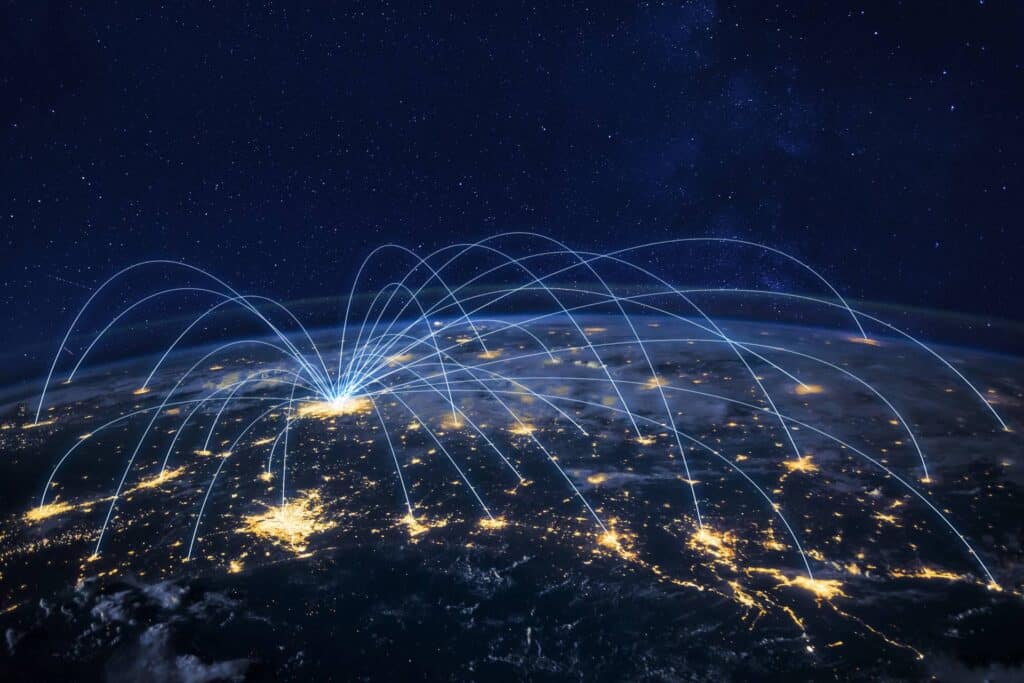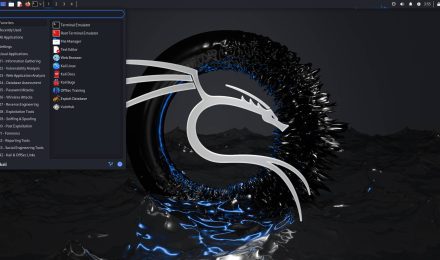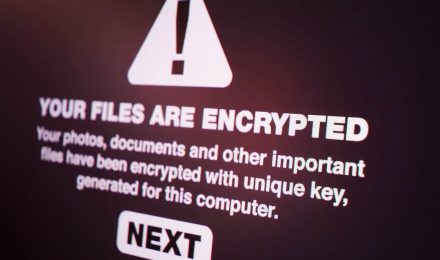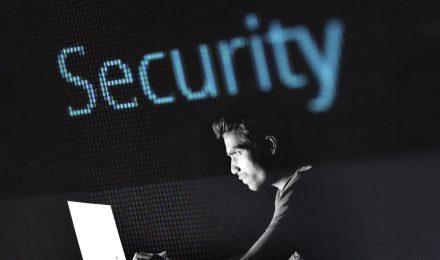
Public Wi-Fi Security Measures
What is A Public Wi-Fi?
A public Wi-Fi network is a wireless network that is publicly accessible to users. It is typically offered by cafes, airports, hotels, shopping malls, and other public places. These networks are convenient for people who need to access the internet on-the-go, but they can also present security risks.
Because public Wi-Fi networks are open and accessible to anyone, it is easy for malicious users to intercept sensitive information like passwords and credit card numbers. For this reason, it is recommended to use a virtual private network (VPN) when accessing the internet on a public Wi-Fi network, to help secure your connection and protect your personal information as part of the public wi-fi security agenda.
Can you get hacked while using Public Wi-Fi?
The answer to the question “Can you get hacked using public Wi-Fi?” is a definite “Yes.” Hackers can take advantage of public Wi-Fi networks because they are unsecured and lack the encryption protocols that protect your information from being intercepted than private ones and so they hack unsuspecting individuals. Using public Wi-Fi networks can make it easy for hackers to intercept your data as it’s transmitted over the network.
Hackers can use various techniques, such as man-in-the-middle attacks, to intercept the data you send and receive over the network. This means that any sensitive information you enter into a website, such as your login credentials or financial information, can be easily compromised.
What are the Major Public Wi-Fi Security Risks?
Public Wi-Fi networks can be a gateway for hackers to access your personal information. Therefore, it is important to understand public Wi-Fi security risks and how to protect yourself against attacks. Here are a few risks associated with public Wi-Fi:
- Unencrypted WIFI networks
Unencrypted Wi-Fi networks: pose significant security risks. Anyone connected to the same network can view and access the information you are sending and receiving, which can make it easier for malicious users to intercept sensitive data, including usernames, passwords, and other sensitive information.
- Malware:
Another public Wi-Fi security risk is malicious software distribution. Cybercriminals can use public Wi-Fi networks to forcefully install malware on your devices, which can damage or steal information from the devices. Hackers can also use this method to target computers connected to public Wi-Fi networks and gain access to sensitive information. Additionally, public Wi-Fi can be used for phishing (an online scam where hackers send emails or set up websites that look like legitimate companies to trick people into giving away personal information). This information can then be used for identity theft.
- Rogue Networks:
Rogue networks are networks set up by malicious actors intending to intercept or steal data from unsuspecting users. These networks can be difficult to identify because they often masquerade as legitimate ones and use sophisticated tactics to create an environment that is indistinguishable from one run by a legitimate network.
- Business Email Compromise Scams:
Business email compromise (BEC) scams are another form of public Wi-Fi security risk. These scams involve hackers gaining access to a user’s email account and sending messages to others while pretending to be someone they are not. These emails may contain malicious attachments, links to malicious websites, or requests for sensitive information or payments.
To stay safe when using public Wi-Fi networks, it is important to take the following precautions:
- It is advisable to refrain from accessing confidential information while using a public Wi-Fi network, such as checking your bank account or purchasing something with your credit card.
- A VPN adds an extra layer of security to your connection, making it safer.
- Avoid browsing on insecure websites that do not have the “HTTPS” extension.
- Disable auto-connect to Wi-Fi or Bluetooth on your devices and use antivirus software.
- Enable 2FA (Two Factor Authentication) for all your accounts
We are THE ICT WEB didn’t mean to scare you, and of course not every public Wi-Fi service leads to you getting hacked. But it’s good to know the dangers and be prepared. This part of our public wi-fi security awareness campaign every year.
Take the next step in optimizing your IT solutions. Whether it’s cybersecurity, software development, SEO, managed IT services, website development, or graphic design, we’re here to assist you. Contact us today at + (256) 781 353987 or drop us an email at [email protected]. Let’s embark on a journey towards innovation and excellence together!






